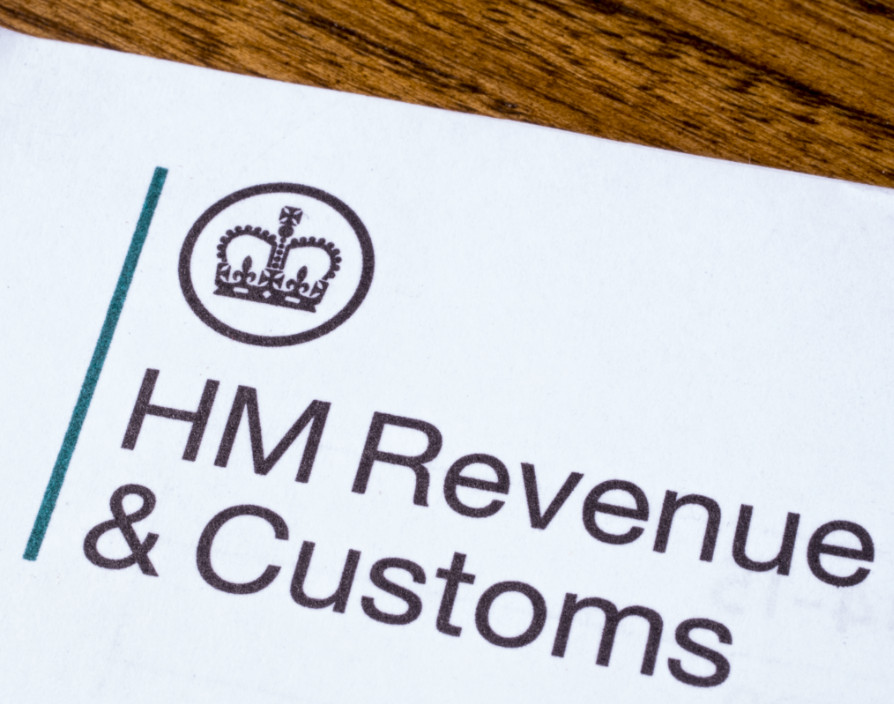In April 2020 there are important changes happening for medium and large sized companies who engage individuals through personal service companies, and this will affect how many of these businesses operate.
These changes are likely to affect the construction industry in particular as this industry operates with a large off payroll workforce.
What do we mean by IR35?
Twenty years ago, IR35 was introduced as a piece of tax legislation to help control a situation where individuals were setting up companies as sole shareholders as a means of avoiding being taxed as an employee and exploiting the system. IR 35 allows HMRC to collect additional payments if it believes that the contractor working through these companies is an employee in “all but name”.
The issue for the government is whether an individual is contracted to provide services as an employee or as a self-employed individual. If the person is seen as an employee then they have to pay income tax and National Insurance Contributions in the normal way. If on the facts and the contract the individual is self-employed then IR 35 is applicable.
IR 35 does not change the fundamental recognised tests of how to determine whether an individual is an employee or a self-employed person: such as the level of control a business has on its individuals; the right of an individual to substitute their services; whether an individual has their own insurance and equipment; whether they have the freedom to work elsewhere and determine their method of working.
Many of the high-profile cases such as Pamlico Plumbers have sought to revisit these tests and while a contract is important to determine status it will also depend on the facts of the situation.
If a self-employed person contracts through a personal service company, then it is currently for the end user to decide if the individual should be classed as an employee. If they are an employee, then the personal service company pays the PAYE
Is your company prepared for the changes to IR35?
When the rules were introduced the burden was on the contractor to make the initial assessment whether they should be classed as an employee but with effect from 6th April 2020 this burden is shifting to the end user who engages the contractor to make this assessment in bigger organisations.
IR35 was amended in April 2017, so that where an agency engages a worker through a personal service company and supplies the worker to a client in the public sector, the agency is liable for PAYE/NIC where IR35 would otherwise apply to the personal service company.
This will be extended now to all medium or large businesses but as a matter of best practice small businesses need to be aware of these changes too. Essentially a company is defined as a medium or large business if it does not fit the criteria of a small business.
A small business is defined as one which fulfils at least two of the following tests :-
- less than fifty employees.
- a turnover of less that £10.2 million.
- a balance sheet of no more than £5.1 million.
From 6 April 2020, the burden of making the decision and operating PAYE, changes from the individual and their personal services company, to the actual business who engages their services, so that is why employers need to be concerned and additional costs may be incurred as a result.
How should your company prepare for these changes in IR35?
- carry out a detailed review of how many individuals are affected in the business and review all self-employed contracts and contracts of employment.
- Review working practices with contractors especially those contracting through their own companies.
- update contracts and policies especially if a third party is involved as you may need to move your personnel onto contracts of employment.
- update policies when recruiting individuals so that there is full disclosure of their status.
- seek advice from a specialist who will be able to look at a person’s status in the business and deem whether they need to be signed up on a contract of employment before April 2020 to avoid additional costs later on.
- Remember when using the HMRC online tool this is only a guide for businesses about the assessment of a contractor.
Share via:








































